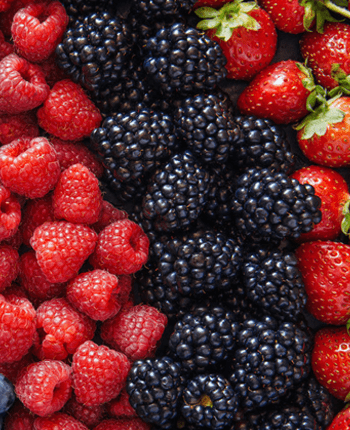Did you ever felt how agonizingly painful the symptoms of gout can be? If you did, then you will surely appreciate learning how you can manage or even prevent another gout flare-up in the future. For all you know, the secret to banishing all those nasty gout pains may lie in making some simple changes in your diet. I’m sure you’ll appreciate knowing more about this so get yourself a nice cup of tea and prepare to be enlightened!
Understanding Gout Prevention
To better understand how you can manage gout prevention or even prevent another gout attack, you may first need to know what causes it and take it from there. According to medical experts, gout is caused by excessive build up of uric acid in the body. This usually happens when:
- The body produces excessive amounts of uric acid;
- Your kidneys fail to eliminate excess uric acid in the body;
- Your usual diet consists of foods containing high amounts of purine, a natural substance that is converted to uric acid when metabolized. Some of the foods with the highest amounts of purine include organ meats such as brain, kidney and liver, dried beans, peas and certain fish such as mackerel, herring, sardines and anchovies.
According to a report published in the January 2008 issue of the journal Arthritis and Rheumatism, gout affects more males than females regardless of age. It also showed that there is an increasing trend in the prevalence and incidence of gout from 1996 to 2005. In fact, using data gathered from the NHIS and the 2005 population estimates from the Census Bureau, it was estimated that there had been more than six million people in the US above the age of 20 who have experienced a gout attack.
So, who are most likely to experience these painful gout attacks? Well, you are considered more susceptible to this condition if you are:
- A male, especially if you drink too much or are fond of eating purine-rich foods;
- Overweight;
- Using a niacin supplement;
- Taking medications such as aspirin, diuretics, cyclosporine (a drug used to prevent organ rejection following a transplant operation), or levodopa (a medication for Parkinson’s disease);
- Affected with an enzyme defect that prevents your body from metabolizing and eliminating excess purine;
- Have a family history of the disease.
Using the Mediterranean Diet in Preventing and Managing Gout Symptoms
Even if you are already afflicted with this disease or not, living a healthy lifestyle can still be your best bet in preventing and managing its symptoms. As such, eating a healthier diet such as the Mediterranean diet and having a regular exercise routine can do you a lot good.
So, how does eating the right kinds of foods help you in preventing gout attacks? Well, according to the results of a research conducted by medical experts among 281 female and 257 male elderly residents of the Ikaria Island in Greece in 2009, a strict adherence to the Mediterranean way of eating significantly reduces the amount of uric acid in the body. You can read the full details of this report in the September 2011 issue of Maturitas: the European Menopause Journal.
To help you prevent future gout attacks, please take note of the following dietary suggestions:
- Choose your protein source wisely. Animal protein, especially those that come from organ meats and some fish such as anchovies, herring, sardines, mackerel, mussels and scallops are high in purine so you need to avoid eating them whenever possible. You can still eat red meat, poultry, all other fish and shellfish (except those mentioned earlier), dried peas, beans and lentils but only in moderation.
- Increase your complex carbohydrate intake. To prevent gout attacks, eat more fresh fruits (berries and pineapples are highly recommended), vegetables and whole grains. Avoid foods made from refined carbohydrates will also do you a lot of good.
- Go low-fat or fat-free. Some research indicates that incorporating low-fat and fat-free dairy products can actually help you prevent gout attacks.
- Limit your sugar intake. Although the connection between sugar intake and the level of uric acid in the body still remains to be proven, you should still limit your sugar intake for it may lead to obesity, one of the most common risk factors for gout.
- Limit your alcohol intake. Since alcohol interferes with the normal elimination of uric acid in the body, it is best to steer away from it, especially when you’re having an attack.
- Drink lots of fluids. To help flush out any excess uric acid in the body, try drinking at least 16 8-ounces of fluids (preferably water) per day.
You have the power for gout prevention and to manage gout attacks. All you need to do is to live a healthier and more active lifestyle, take your medications, and avoid factors that may trigger another painful attack. With a little discipline and a stronger resolve, everything, including preventing gout attacks, is entirely possible!
Did this convince you that you need to switch to a Mediterranean-type diet for gout prevention? I hope it did.
Enjoy a gout-free living,
Ray Baker


